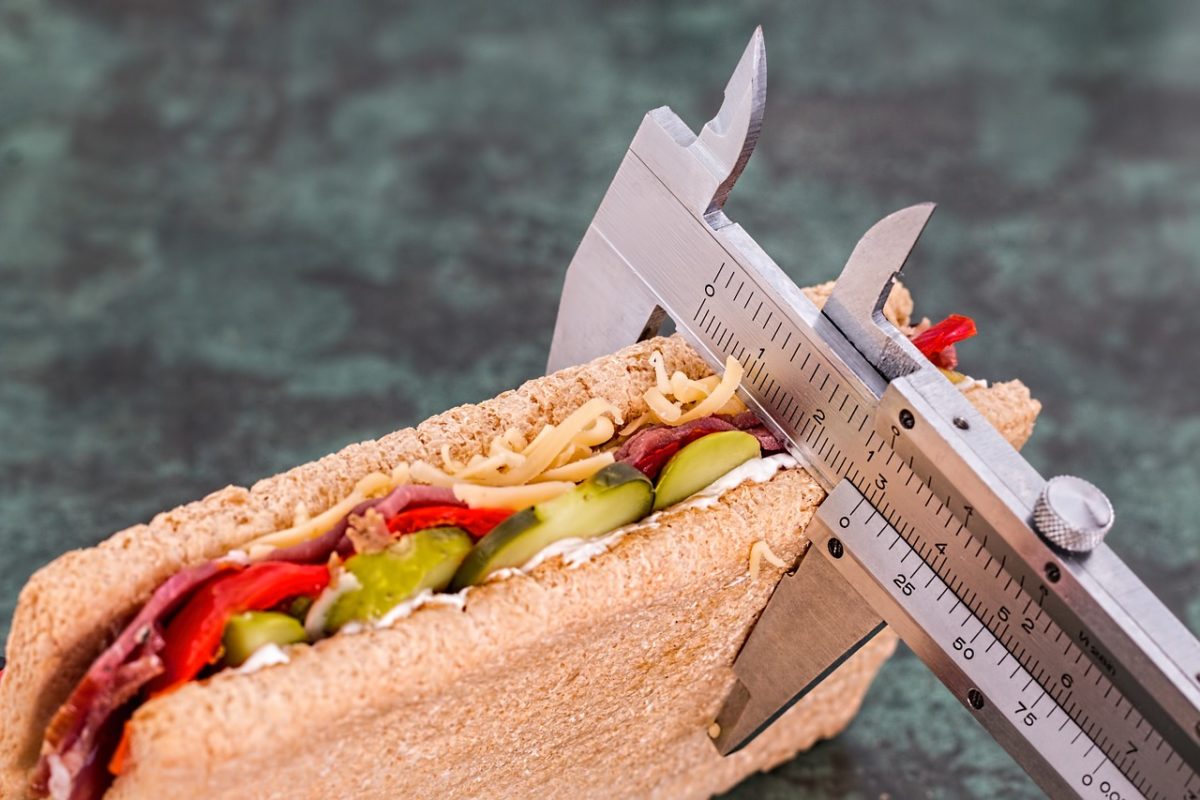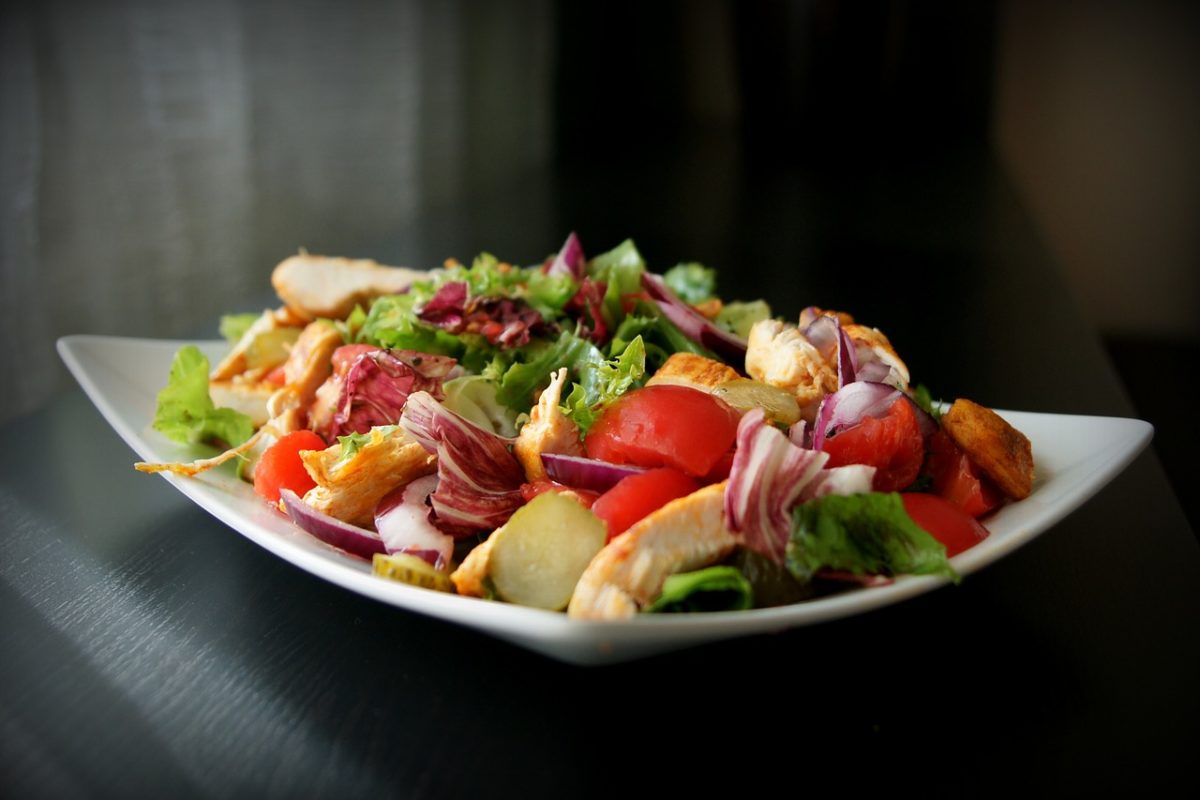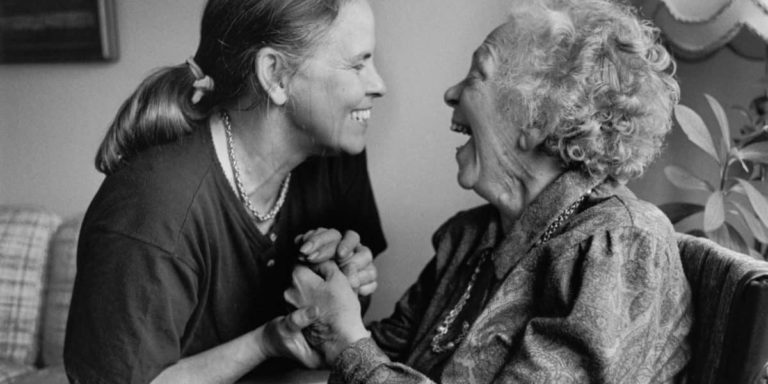 Losing Weight Might Not Be Easy But it is No Mystery
Losing Weight Might Not Be Easy But it is No Mystery
One of the main reasons people come to see me in my offices is a desire to lose weight. The challenges of losing weight as we age can become quite stressful. And many people fall into the trap of looking for a quick fix, or a simple fad diet, in order to shed the weight. The truth is, no such fad diet exist. And weight-loss should be attained slowly and responsibly, using sound advice and good nutrition.
If you would like to find out more about my weight-loss program, you can check out my recent YouTube video on Intermittent Fasting and its’ multiple health benefits Here!
Don’t Be Fooled by Fad Diets
As a naturopathic doctor, practicing in the Los Angeles area, I have seen a lot of health trends on the market. They all seem to promote gimmicks rather than good sound advice for staying healthy. One of the most popular diets being marketed right now is the so called “paleo-diet.” This diet has very little to do with how humans ate prior to the agricultural revolution 11 thousand years ago and is incredibly unhealthful. Closely related to the paleo-diet trend is the recent hyper-machismo “bulletproof,” diet craze hyped by Dave Aspery.
Debunking the Paleo Diet
Because my undergraduate degree was Anthropology, I get more than a little annoyed when I see faulty arguments about what constitutes the “paleo-diet.” These Diets have nothing to do with how our ancestors ate prior to the agricultural revolution; trust me on this. A diet that is closer to what humans ate in pre-agricultural times would most likely have been local seasonal foods that were minimally processed. More than likely, plant foods made up a large percentage of the diet. Early humans subsisted on plants in the form of nuts, wild grains, seeds, roots, berries, leaves, and mostly small game and fish. And the majority of caloric intake most likely coming from plants. The exception, of course, being humans that lived in marginalized areas with minimal access to plant foods — such as Greenland.
Because I work in Los Angeles, I see a lot of models and actors experimenting with these diet trends. And I am usually the person that steers them away from these fad diets.
Getting Started
When I treat people, who have been on fad diets, I often see ill health. Like all my patients, I run standard labs and often find malnutrition and a host of other medical problems. You cannot maintain a healthy body if you are loading up on coffee with fractionated coconut/palm oil and butter every morning.
I recently treated a young woman who had been on the bulletproof diet for several months. She was gaining weight and exhausted but did not know why. Her lab work revealed that she was anemic and seemed to be suffering from severe nutrient deprivation. She had also gained a ton of weight. This did not surprise me; as coffee and butter have very little nutritional value.
In some of my patients, who have experimented with the paleo and bulletproof diets, I also see elevated cholesterol and elevated triglycerides. Patients on these diets are often not getting thinner, but are actually getting fat, sick tired, and malnourished.
Avoid Gimmicks and Empty Calories
When I place a person on a diet to lose weight, I use common sense. And I do not deviate from what years of science has taught me about what is best for the human body. Yes, it would be wonderful to believe that we can get up every morning and eat 6 eggs in bacon grease and wash it down with gallons of coffee swimming in fat. But the reality is, this is not science and it does not healthful nutritional advice — it is, in fact, irresponsible and quite dangerous.
If you truly want to lose weight and become healthier, there is a right way to do it, and here are a few simple tips that will help you get started. And best of all, you do not need to be rich, or spend a ton of money on fads, to improve your health.
Good Old-Fashioned Calorie Counting Does Work
If you are serious about losing weight and want to do it responsibly than I suggest hiring someone who has the training to create a healthful diet. Working with a licensed naturopathic doctor, or nutritionist can help you when you are first starting out. I usually do a general assessment on my patients, and determine what type of calorie restriction they need to be on in order to lose around 2 pounds a week. The number of pounds varies on the patient based on weight, gender, age and level of physical activity. However, once you have a good idea of how many calories you must take in a day and still lose weight — the path to weight-loss becomes a lot easier. If you are serious about losing weight and want to do it responsibly than I suggest hiring someone who has the training to create a healthful diet. Working with a licensed naturopathic doctor, or nutritionist can help you when you are first starting out.
Avoid Fad Dieting
Avoid fads, find a sensible diet that works for you, and count your calories. You can track your calories by using apps either on your phone or by keeping a food journal. And then, tallying up the foods at the end of the day to the online journal like myfitnesspal.com. The app not only will tell you the number of calories you have been consuming but will give you a nutrient breakdown of the foods as well.
Eat More Salads

 Instead of eating pre-made foods, try eating foods that are minimally processed, seasonal, and fresh—with about half your vegetables eaten raw depending upon the season. In winter, you may prefer to eat more cooked foods, with spring and summer being the time for more fresh vegetables and fruit. Learn to prepare a simple salad every day, and try to prepare it with a variety of different types of vegetables. You may find that a well-prepared salad is delicious, try and have a large salad every day — about 3 cups worth if you can.
Instead of eating pre-made foods, try eating foods that are minimally processed, seasonal, and fresh—with about half your vegetables eaten raw depending upon the season. In winter, you may prefer to eat more cooked foods, with spring and summer being the time for more fresh vegetables and fruit. Learn to prepare a simple salad every day, and try to prepare it with a variety of different types of vegetables. You may find that a well-prepared salad is delicious, try and have a large salad every day — about 3 cups worth if you can.
Do not depend on bottled salad dressing to spice it up. Bottled dressings are loaded with chemicals and sugar. Instead, make your own dressings from olive oil, lemon, and balsamic vinegar and other fresh ingredients — be creative. Eats Foods with a Lower Glycemic Index
When choosing what to eat, avoid foods that contain refined carbohydrates, like soda pop, canned fruit with corn syrup, white bread, and white rice and quick oats. Instead, replace refined carbohydrates with complex carbohydrates that are minimally processed, like fresh greens. Instead of soda pop, try making iced tea. Replace canned fruit with whole fruit in season. Replace white bread and white rice with organic whole-wheat and brown rice. You can replace quick oats with the thick cut or steel-cut oats.
These foods are higher in antioxidants, higher in fiber, and are more nutrient dense. Foods with a lower glycemic-index are foods that do not spike blood sugar. A low glycemic index is any food that has an index below 55. If you are confused about the glycemic-index, check out the list of foods and their related index score put out by Harvard Medical School.
Consume More Fiber
We are seeing a real epidemic of type II diabetes today in the United States, and we are fairly certain that eating too much food, and especially too many refined carbohydrates, are contributing to this national epidemic.
By eating more plant-based foods, like a large mixed salad every day, we are reducing food cravings. By filling up on low-calorie nutrient-rich foods, we can maintain a healthy blood sugar and reduce our caloric intake.
Foods high in fiber include vegetables and fruit, nuts, seeds, beans, and whole grains. In patients trying to lose weight, like my type II diabetic patients, I usually advise they consume 30 – 50 grams of fiber a day— in the form of whole grains, beans, nuts, seeds and plenty of fresh fruits and vegetables.
Consume Less Animal Products
Americans are eating a lot of animal products these days, and the truth is, this is not healthy for us or the planet. More than likely, our ancestors did not consume nearly as much meat as we currently do today. When trying to decide how much animal products to consume on a daily basis, try to limit the amount to just 10%-20% of the size of your meal, if at all, (about 20%-40% of the calories of the meal), with the rest of your meal being plant-based. You may also experiment with consuming less meat and eating more plant-based meals.
When you do eat meat, avoid fatty meat; that is more than 12% fat. When consuming poultry remove the skin, and grilling the meat will also help reduce the fat content you are consuming.
Also, try eating meat that is rich in omega-3-fatty acids, like wild-caught salmon, sardines, anchovies, and cod. These oils are associated with good heart health and can lower your risk of developing diabetes later in life. If you do consume meat, choose lean turkey and chicken. But meat should only make up only 10% to 20$ of the plate. Remember, the main course should be the vegetables. Learn to rely mostly on plants as a protein source.
Experiment With More Plant-Based Meals

While most people are not willing to be entirely plant-based, we can all experiment with eating more vegetarian meals. There are a ton of recipes online. Experiment, and consider taking a few days off from eating meat once or twice a week. For example, designate Monday, as a meatless day. Try new foods like tofu, tempeh. Or, try simple plant-based dishes made from legumes like lentils, soybeans, black beans and garbanzo.
There is a wide variety of wholesome foods that you can try that are entirely plant-based. These foods are rich in fiber and loaded with nutrients like flavonoids and vitamin C. These nutrients help reduce inflammation, and support healthy blood sugar levels and promote heart health.
And finally, be gentle with yourself. Give yourself permission to indulge occasionally in a small treat to keep you committed to your diet and weight-loss goals. Even if you give yourself permission to enjoy a few pieces of dark chocolate a few times a week. After all, eating should be a source of pleasure as well as a way to fuel for your body. Enjoy the journey.
To find out more about my work, please visit my webpages at http://www.doctorwhimsy.com/



